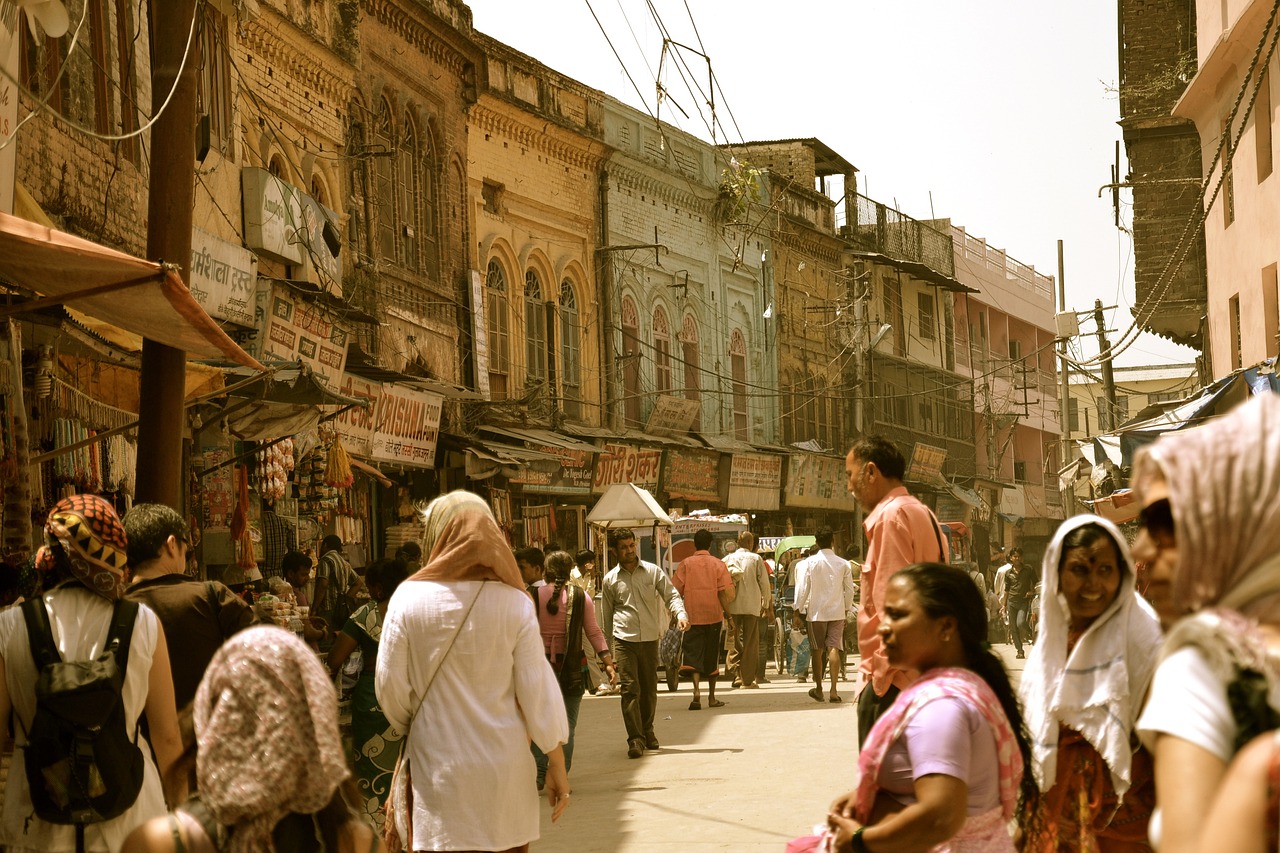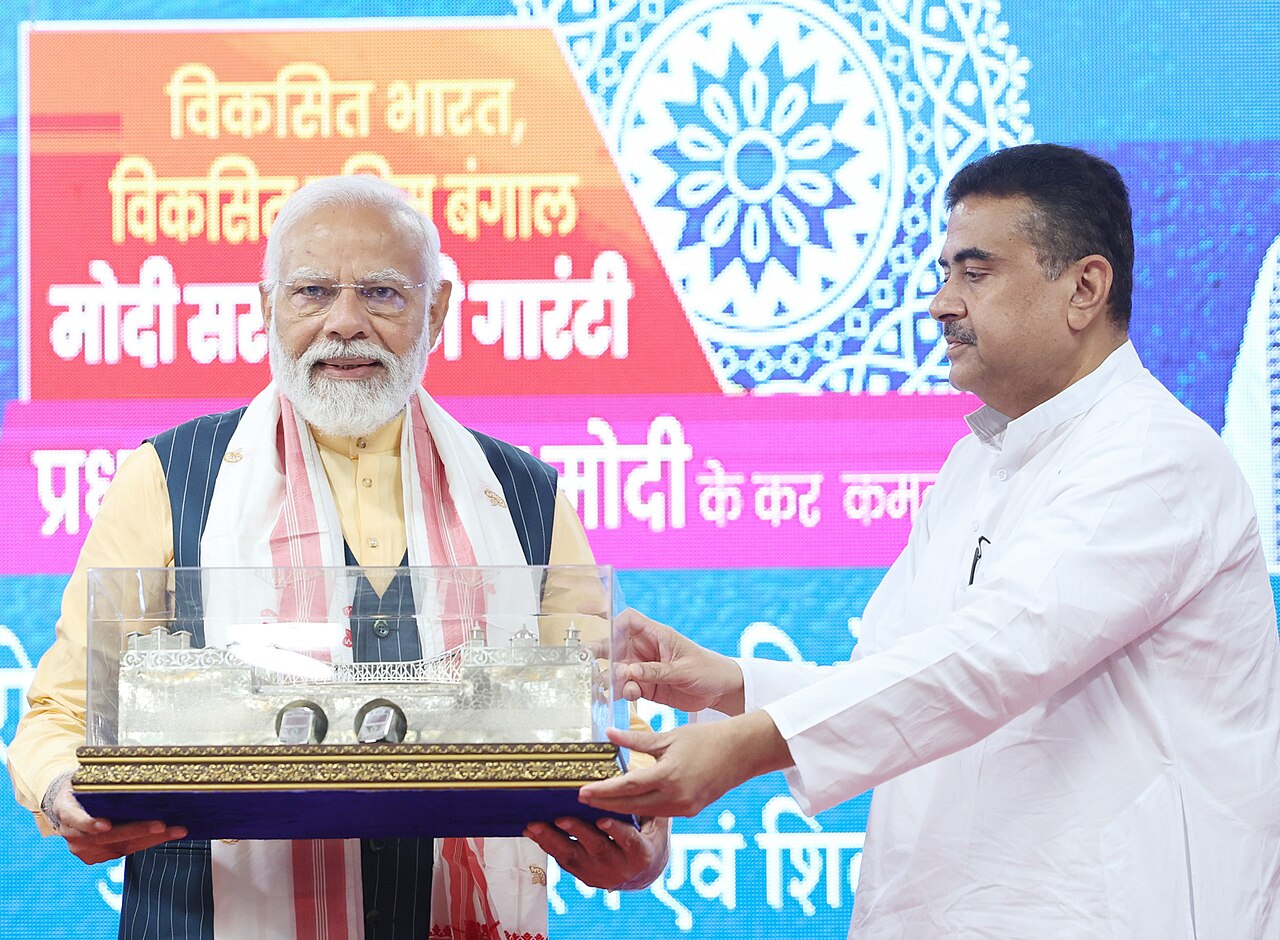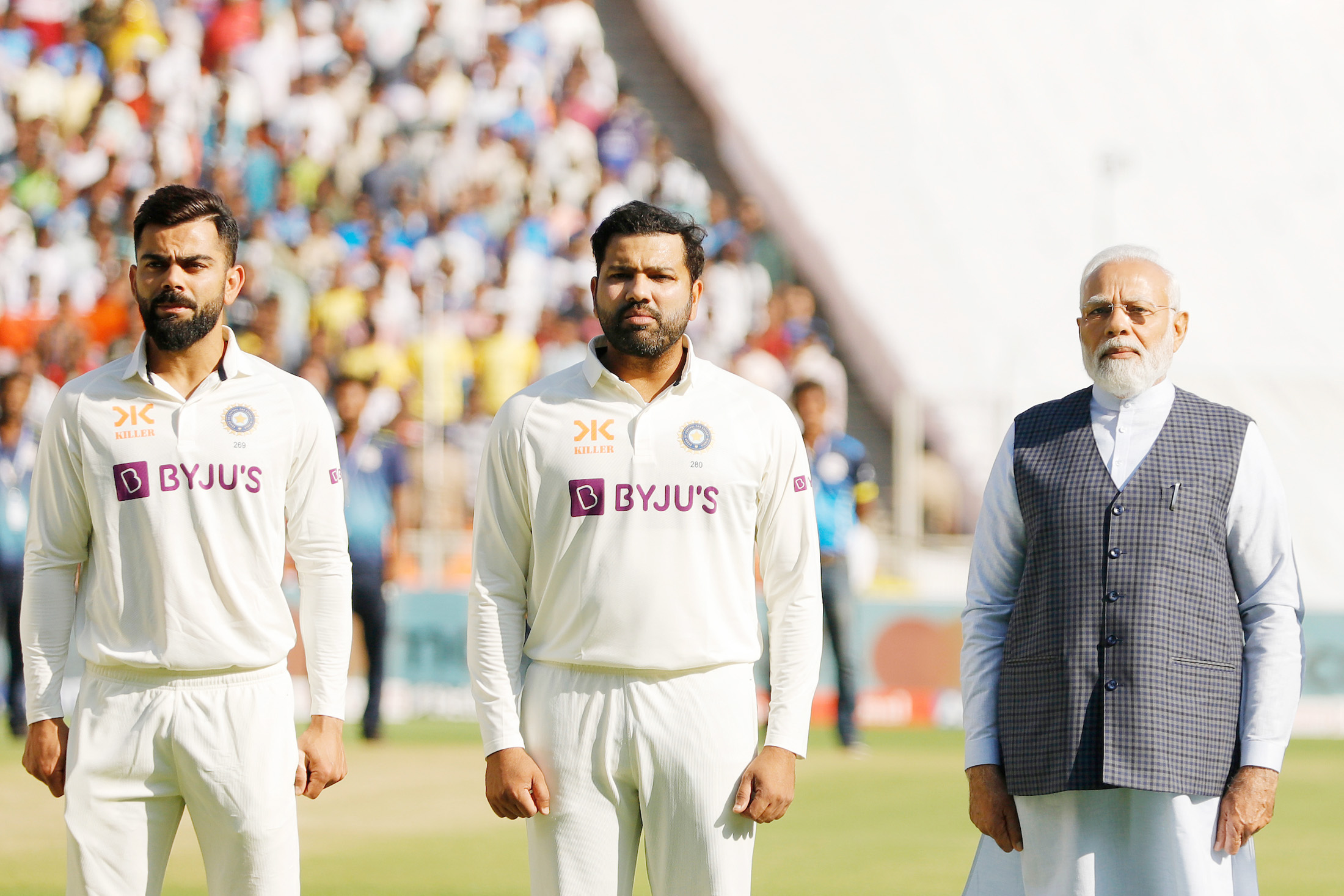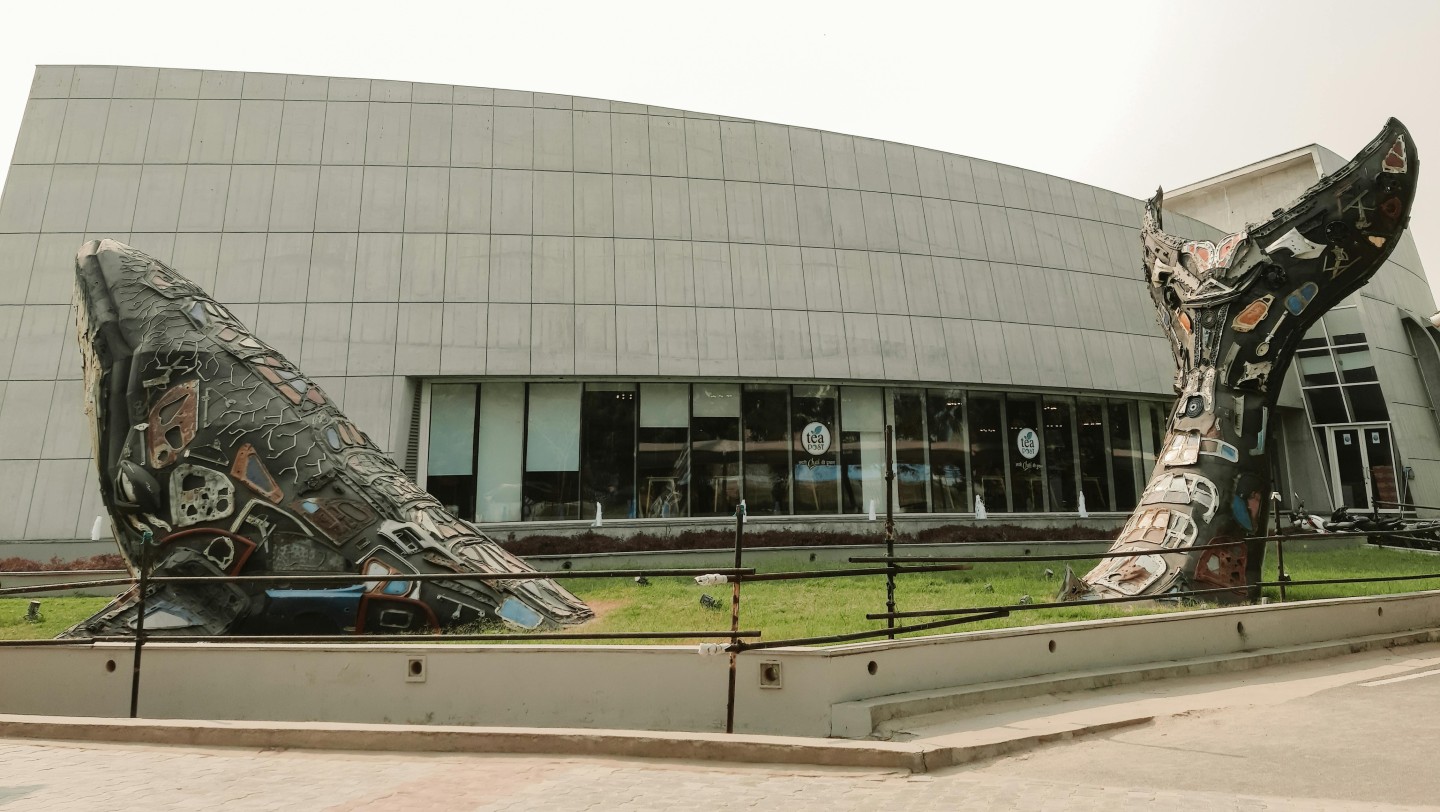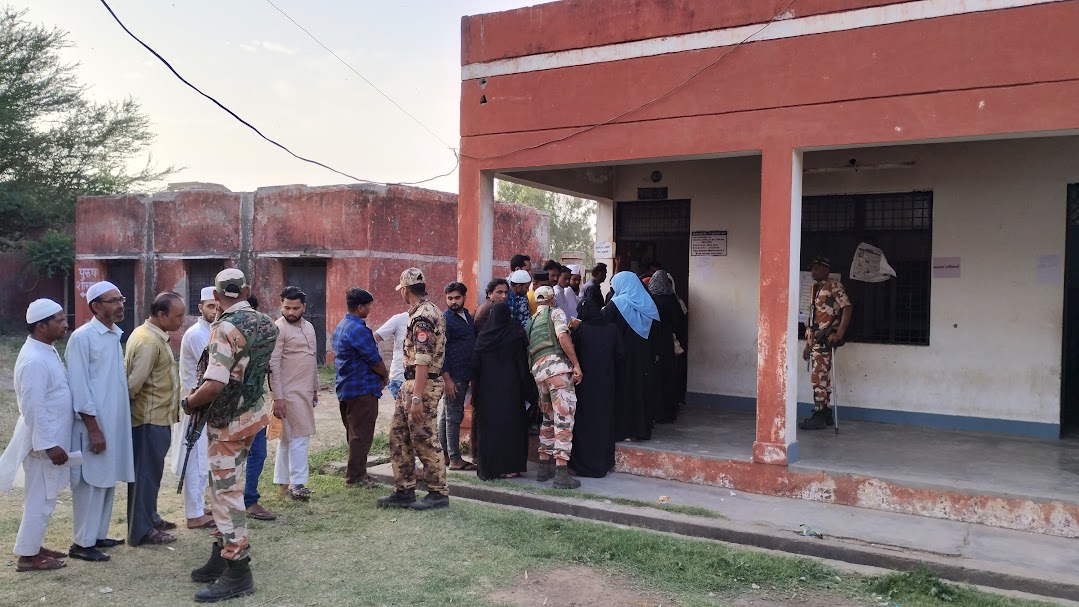The BJP are left licking their wounds and INDIA knows the Modi machine is not invincible. This is what prompted this week's shock election result.
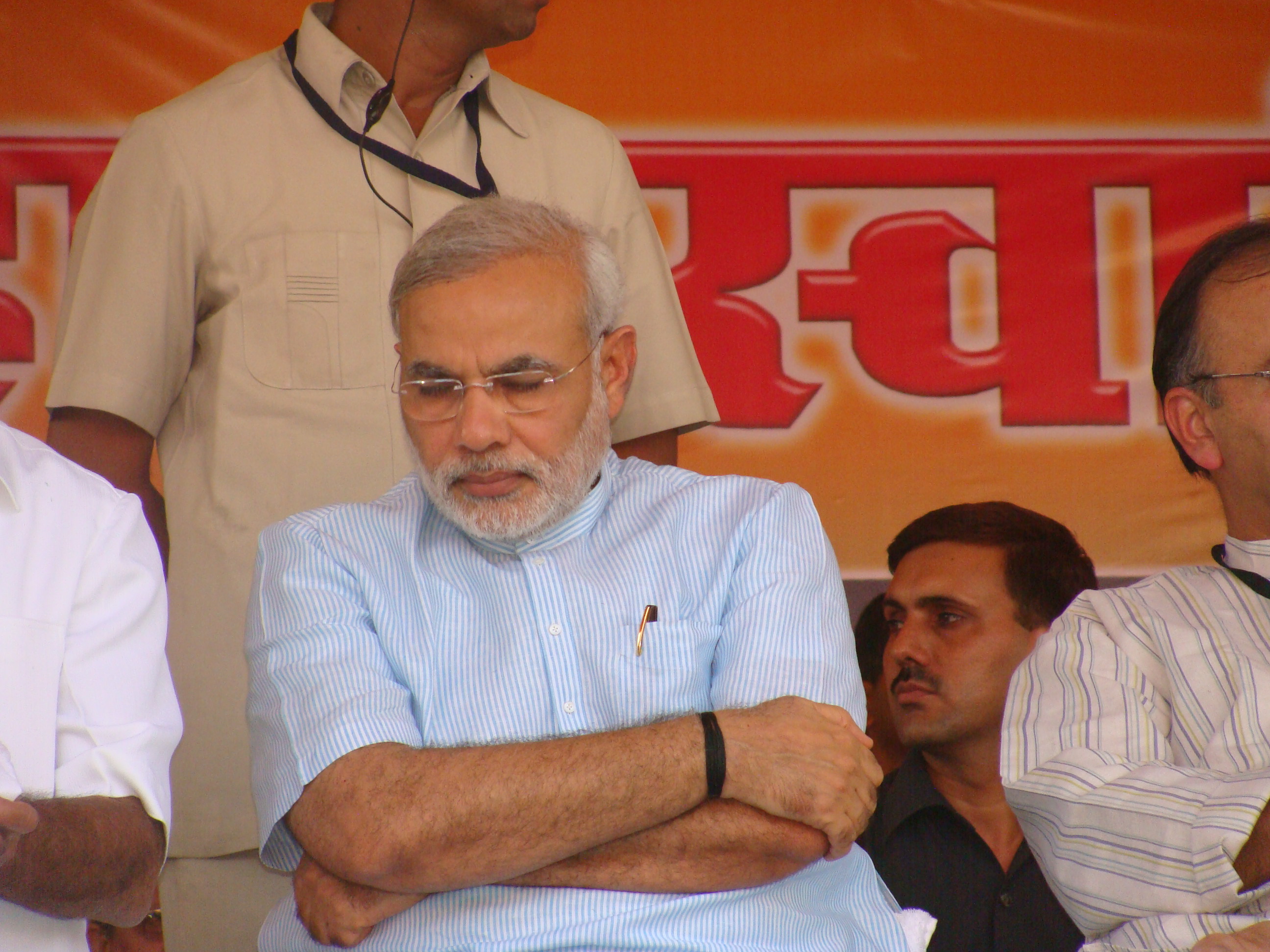 Indian Prime Minister Narendra Modi’s BJP slipped into complacency during the April-June electoral campaign. : Two Cirlces Flickr
Indian Prime Minister Narendra Modi’s BJP slipped into complacency during the April-June electoral campaign. : Two Cirlces Flickr
The BJP are left licking their wounds and INDIA knows the Modi machine is not invincible. This is what prompted this week’s shock election result.
During a recent undergraduate class, a student posed a question that has now assumed political salience: “When and why does a dominant ruling party lose power?”
This inquiry invites an examination of what influences the ebb and flow of power dynamics within a democracy. Irrespective of their historical dominance, the trajectory of ruling parties can turn to defeat when complacency replaces vigilance and confidence morphs into hubris.
The 2024 Indian general elections constituted a watershed moment, symbolising not just a democratic exercise but the vibrancy and scale of India’s democratic spirit. While the electoral exercise was massive, as it has been each time the country went to the polls, the defining moment was the arrest of the Bharatiya Janata Party (BJP) juggernaut which, until a few months ago, appeared virtually unstoppable.
The BJP, which secured outright majority in the last two parliamentary elections (in 2019 and 2014), this time found itself unable to clinch a majority of the votes even as it emerged as the single largest party.
In 2019, the party picked up 303 seats. This time, its tally reduced to 240 in a house of 543, garnering 37 percent of the vote. But the National Democratic Alliance (NDA), of which the BJP is the leading constituent, secured 293 seats and could pull 45 percent of the total votes cast. This is quite a backslide.
The BJP’s electoral slippage is an outcome of it perceiving victory as immutable, blinding party leadership to growing dissent within the electorate. This myopic view disregarded the undercurrents of anti-incumbency and eschewed proactive measures to address grievances. Indeed, when it was faced with the reality of potential defeat, the BJP leadership took to communal rhetoric to polarise voters, sealing the party’s fate on the charged and noisy electoral battlefield.
On the other hand, the opposition alliance, known as the INDIA formation, managed to secure a respectable tally of 232 seats following poor performances in 2019 and 2014. This underscores the opposition’s newfound relevance and viability as a significant force in national politics.
The NDA’s emergence as the majority coalition came during an election dominated by themes of nationalism, national security, stability and Prime Minister Narendra Modi’s vision of a developed India (viksit Bharat). However, this was essentially framed and complemented by the civilisational narrative of Hindutva which propagates India as a Hindu nation.
In contrast, the INDIA forces placed significant emphasis on issues such as employment, safeguarding the constitution and democracy, and promoting social and economic justice through initiatives like caste-based census and wealth redistribution.
While the NDA sought to craft a cohesive national narrative, the INDIA platform concentrated on localised accounts, addressing specific grievances related to parliamentary constituencies.
The NDA’s strategic dichotomy proved advantageous in southern India, encompassing Karnataka, Telangana, Andhra Pradesh, Kerala and Tamil Nadu. It improved on either seat counts or vote share. On the other hand, the INDIA grouping made substantial inroads into the NDA’s traditional strongholds such Uttar Pradesh and Maharashtra.
The electoral outcome, which bucked most exit poll numbers, communicates some significant messages. The first is the imperative for the dominant party, the BJP, to prioritise the representation of diverse political, social and regional interests. This necessitates a departure from past practices where legislations and policies were crafted and implemented without sufficient deliberation.
This was exemplified by the enactment of the farm laws, such as the Digital Personal Data Protection Act, Bharatiya Nagrik Suraksha Sanhita, Bharatiya Nyaya Sanhita, Bharatiya Sakshya Bills and others.
What the BJP did not take into account was that embracing inclusivity in policymaking could have fostered a more comprehensive and balanced approach which it did not do in the case of the Citizenship Amendment Act and the farm laws. It took no steps to ensure that the concerns and perspectives of all stakeholders – minorities, Dalits, tribals and other weaker sections – were adequately addressed.
Secondly, the BJP, riding high on its previous electoral performance, slipped into complacency. India’s past experience of coalition politics suggests that the collaborative environment it forces makes the government more accountable and transparent, as the dominant party is compelled to consider the interests and scrutiny of its allies.
Besides, the BJP should have taken lessons from the past: coalition politics offers avenues for resolving regional and ethnic conflicts by bringing in many people to the decision-making process.
While the BJP has been left licking its wounds, the INDIA grouping — while being aware of past experiences of coalition instability — must also be aware that such inter-party arrangements provide balanced governance, curbing the dominance of a single party and promoting democratic norms and mitigating authoritarian tendencies.
For INDIA to take the next step, its leaders must confront the pervasive belief within their ranks that electoral victories are unattainable. In the past, such a mindset led them to overlook widespread discontent with incumbents, dismissing it as inconsequential and failing to offer compelling alternatives that resonate with public expectations.
Internal discord and a lack of cohesion further weaken the opposition’s collective impact, hindering effective engagement with crucial segments of the electorate and the ability to capitalise on the ruling party’s missteps. These challenges could impede opposition parties’ abilities to effectively leverage anti-incumbency sentiments to their advantage, ultimately thwarting their prospects of electoral success.
Should the BJP make it to a third consecutive term, its protracted tenure could engender several consequences. With its reputation, the BJP still has the potential to undermine democratic institutions through executive overreach as reflected in its handling of constitutional and statutory bodies such as the Election Commission, Central Bureau of Investigation and the Enforcement Directorate.
Above all, sustained rule by a dominant party may exacerbate centralising power within India’s federal structure, potentially diminishing the financial autonomy of states and eroding the spirit of federalism. One cannot dismiss outright fears that the BJP could resort to enforced censorship by targeting dissenting voices, thereby constraining democratic discourse and pluralism.
Additionally, the rise of economic populism, characterised by short-term policy measures aimed at immediate gains, poses a threat to India’s fiscal responsibility and long-term economic stability. The potential for corruption and cronyism within the corridors of power remains a persistent concern, with allegations of favouritism and the misuse of state resources to reward political loyalists, thereby eroding governance standards.
The 2024 elections reflect the complex interplay of political dynamics and ideological contestation inherent in a vibrant democracy. As India navigates the contours of political transition, it is imperative to strike a balance between dominant governance and oppositional resistance. The future of Indian democracy will lie in its ability to navigate these challenges and uphold inclusive governance, democratic accountability and social justice.
Afroz Alam is Professor and Head, Department of Political Science, Maulana Azad National Urdu University, Hyderabad, Telangana. He has served as Director at the Centre for the Study of Social Exclusion and Inclusive Policy, MANUU. His research interests are in Contemporary and Comparative Politics, Election Studies, Multiculturalism and Minority Rights. He took a PhD from Aligarh Muslim University.
Originally published under Creative Commons by 360info™.





